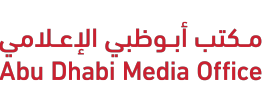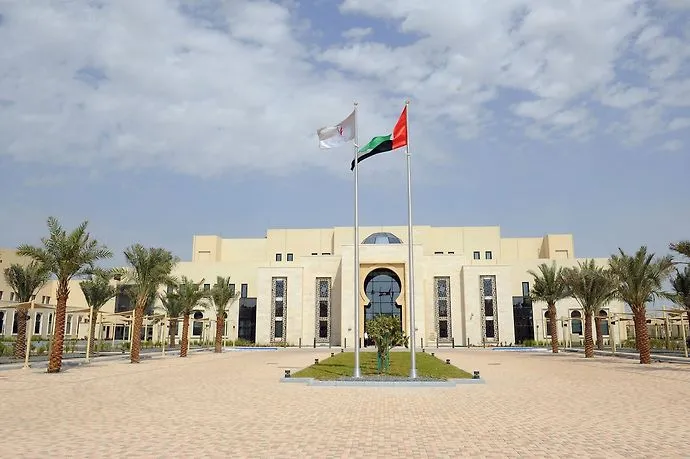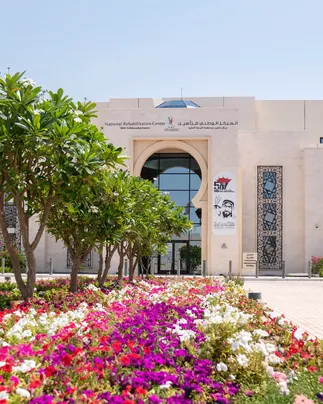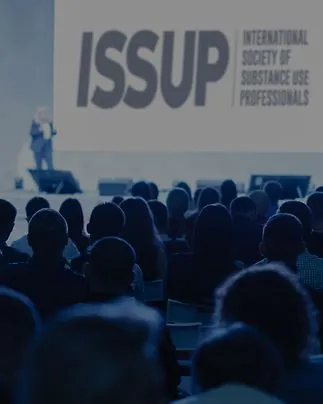The National Rehabilitation Centre (NRC) in Abu Dhabi has received accredited certification from the United Nations Office on Drugs and Crime (UNODC) in Vienna.
The centre was awarded the certificate as a Participant and Collaborative Centre with the United Nations Office, for the second time in a row, in the discovery and analysis of traditional, manufactured and modern narcotics drugs, proving its excellence in developing accurate and sensitive methods to identify chemical changes in modern drugs composition, after fulfilling all the requirements for participation in the Drug and Substance Use Testing Laboratories programme.
Having successfully passed all the tests and eligibility requirements, concluding with the fourth and final round during the past two years (2020-2022) of the United Nations Office on Drugs and Crime in Vienna, NRC’s Clinical Toxicology Laboratory was considered as a highly qualified centre for qualitative and quantitative testing of drugs and narcotic substances in biological samples.
The centre began its preparations for the certification in 2018 when a meeting was held between an NRC delegation with the officials of the United Nations Office on Drugs and Crime at the Department of Drug and Substance Use Testing Laboratories in Vienna, during the centre’s annual participation in the meetings of the United Nations Commission on Narcotic Drugs (CND).
Following this meeting, the centre applied to the International Collaborative Exercise (ICE) & Early Warning Advisory (EWA) schemes supervised by the United Nations, through its Office on Drugs and Crime in Vienna.
Obtaining the certification of the United Nations Office on Drugs and Crime as a Successful and Collaborative Participant Center requires the aspiring institute to participate in four consecutive courses in two cycles a year, receiving samples of unknown materials, performing the necessary steps towards analysing them for the detection and recognition of unknown component substances.
The results must then be sent to the United Nations Office in Vienna for comparison and correction to determine the accuracy, quality and efficiency of the devices and methods used in extracting and analysing narcotic substances and toxins in the unknown and seized samples.
The duration of participation in the programme is two full years, and the participants need to fulfil all the requirements of the relevant authorities to pass the test and obtain the certification of the United Nations Office on Drugs and Crime as a Participant and Collaborative Center through its global programme.
In 2017 the World Health Organization (WHO) appointed NRC as a collaborative centre in the field of prevention and treatment of disorders resulting from the use of psychotropic substances, making the centre the first addiction treatment centre to receive this designation in the Middle East.
This recognition strengthened NRC’s status as a leading centre in the prevention, treatment and rehabilitation from addiction at regional and global levels.
Dr. Aref Al Shehhi, CEO of NRC, said: “This outstanding achievement solidifies the UAE’s prominent status and puts the emirate of Abu Dhabi at the forefront of Middle East. This accomplishment would not have been possible without the support of our wise leadership and their guidance that enable us to compete regionally and globally.
“NRC’s efforts in combating addiction and psychotropic substances have contributed to raising community awareness of the dangers of drugs, and have reached advanced levels comparable to the most prestigious international institutions, through innovative programmes and plans designed to address this pressing issue. Such efforts are made in conjunction with the development of treatment services, studies and scientific research that will achieve the centre’s operational objectives.
“NRC has always demonstrated its regional status as a leading centre in the delivery of addiction prevention, treatment and rehabilitation services. Furthermore, the Centre has set new benchmarks in providing treatment, rehabilitation and training services through adopting effective and scientifically-proven methods in the treatment of addiction.
“The certification by the United Nations Office on Drugs and Crime validates the outstanding services the Centre provides to the local community and raises its profile at a global level. Furthermore, it gives an incentive for more future achievements, which will contribute to supplementing its prestigious journey with more national gains in the field of addiction control and treatment.”








